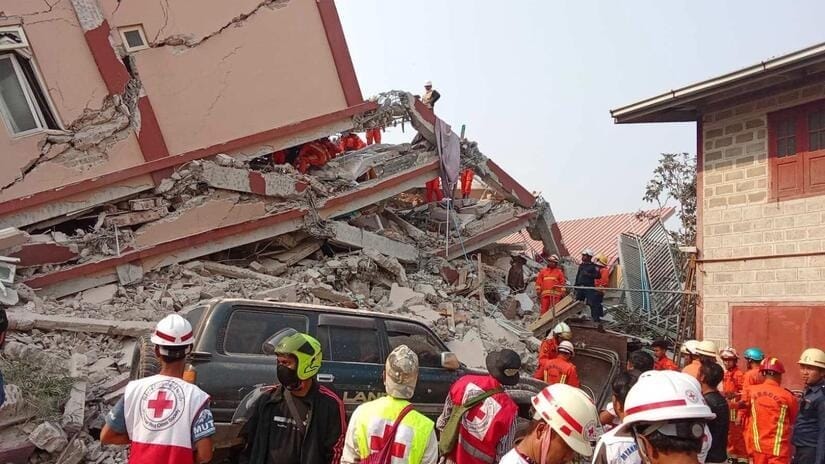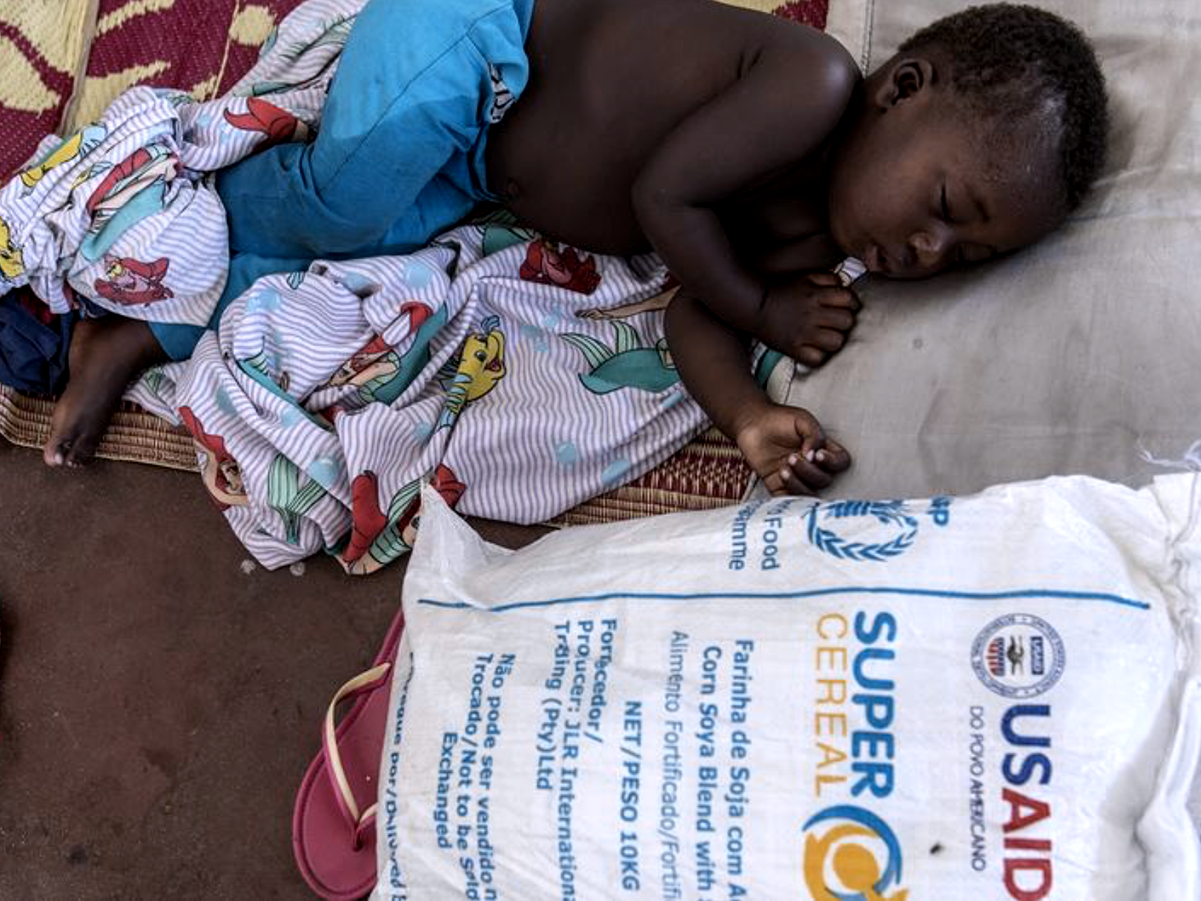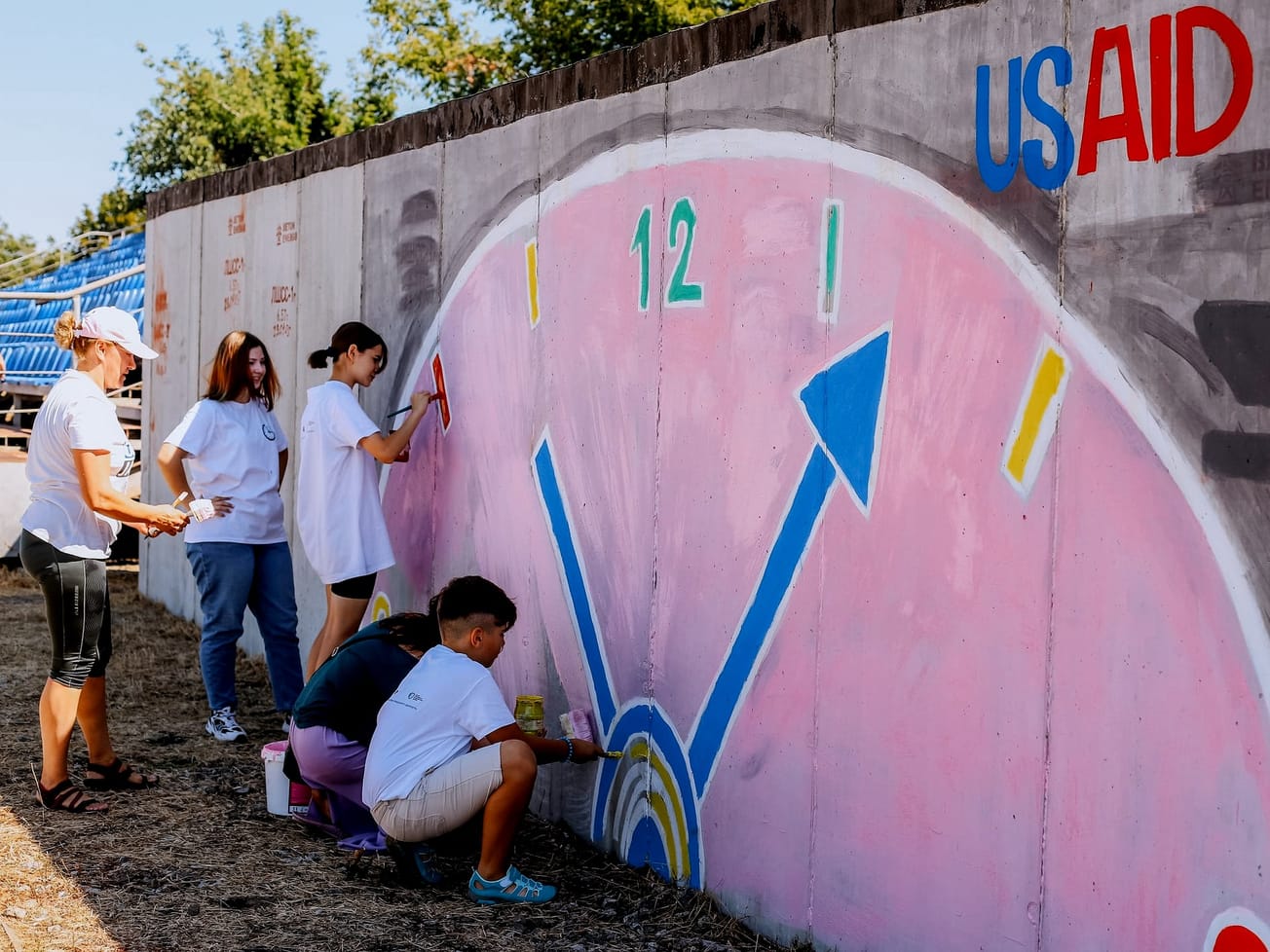Humanitarian organizations severely cut back or halted work in Sudan as the fighting widened between Sudan’s two most powerful military groups.
The nation was unraveling after a week of fighting in which millions of civilians – many of them dependent on international organizations for food and basic services – were at a loss.









